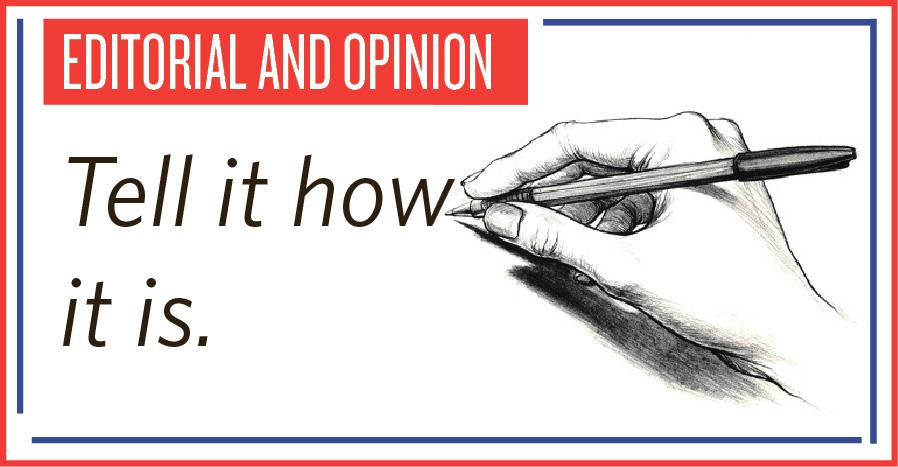Our rape crisis
Today we carry some shocking revelations from rapists about why they forced their victims to have sex.
Among these were being under the influence of alcohol and drugs, but also because they see women as “inferior”. These revelations are contained in a research thesis by a University of Namibia (Unam) masters student that included interviews with social workers as well as case management officers. It found that certain cultural practices, economic conditions, means of survival, power and masculinity, alcohol and drug abuse and family background influence rape. Between 1 100 and 1 200 rape cases reported each year. Glaringly, most rapes were committed by family members or acquaintances, with only about 12% by strangers. Just recently police chief Sebastian Ndeitunga underlined a woman's right to say no and urged Namibians to band together to end the epidemic of violence by mostly men against women and children in Namibia. He was speaking at the opening of the newly upgraded multi-disciplinary Gender-Based Violence Protection Unit (GBVPU), formerly the Women and Child Protection Unit, at the Katutura State Hospital. He emphasised that men are fuelling the high rates of abuse and violence in Namibia, often as a result of their failure to respect a woman's right to say no. Ndeitunga stressed that violence, including rape and murder, is often linked to the widespread use of alcohol and drugs among Namibians. He said Namibians should start to strongly campaign and work towards finding practical strategies to address the crisis. Ndeitunga added a total of 1 063 cases of rape were reported to the police in 2016, 980 cases were reported in 2017, and 1 121 cases were reported in 2018. Many of these cases involved minors.
We are far from winning the battle against rape and other crimes against women and children. The onus is now on all of us to make a difference in this war against the most vulnerable in our society.
Among these were being under the influence of alcohol and drugs, but also because they see women as “inferior”. These revelations are contained in a research thesis by a University of Namibia (Unam) masters student that included interviews with social workers as well as case management officers. It found that certain cultural practices, economic conditions, means of survival, power and masculinity, alcohol and drug abuse and family background influence rape. Between 1 100 and 1 200 rape cases reported each year. Glaringly, most rapes were committed by family members or acquaintances, with only about 12% by strangers. Just recently police chief Sebastian Ndeitunga underlined a woman's right to say no and urged Namibians to band together to end the epidemic of violence by mostly men against women and children in Namibia. He was speaking at the opening of the newly upgraded multi-disciplinary Gender-Based Violence Protection Unit (GBVPU), formerly the Women and Child Protection Unit, at the Katutura State Hospital. He emphasised that men are fuelling the high rates of abuse and violence in Namibia, often as a result of their failure to respect a woman's right to say no. Ndeitunga stressed that violence, including rape and murder, is often linked to the widespread use of alcohol and drugs among Namibians. He said Namibians should start to strongly campaign and work towards finding practical strategies to address the crisis. Ndeitunga added a total of 1 063 cases of rape were reported to the police in 2016, 980 cases were reported in 2017, and 1 121 cases were reported in 2018. Many of these cases involved minors.
We are far from winning the battle against rape and other crimes against women and children. The onus is now on all of us to make a difference in this war against the most vulnerable in our society.





Comments
Namibian Sun
No comments have been left on this article